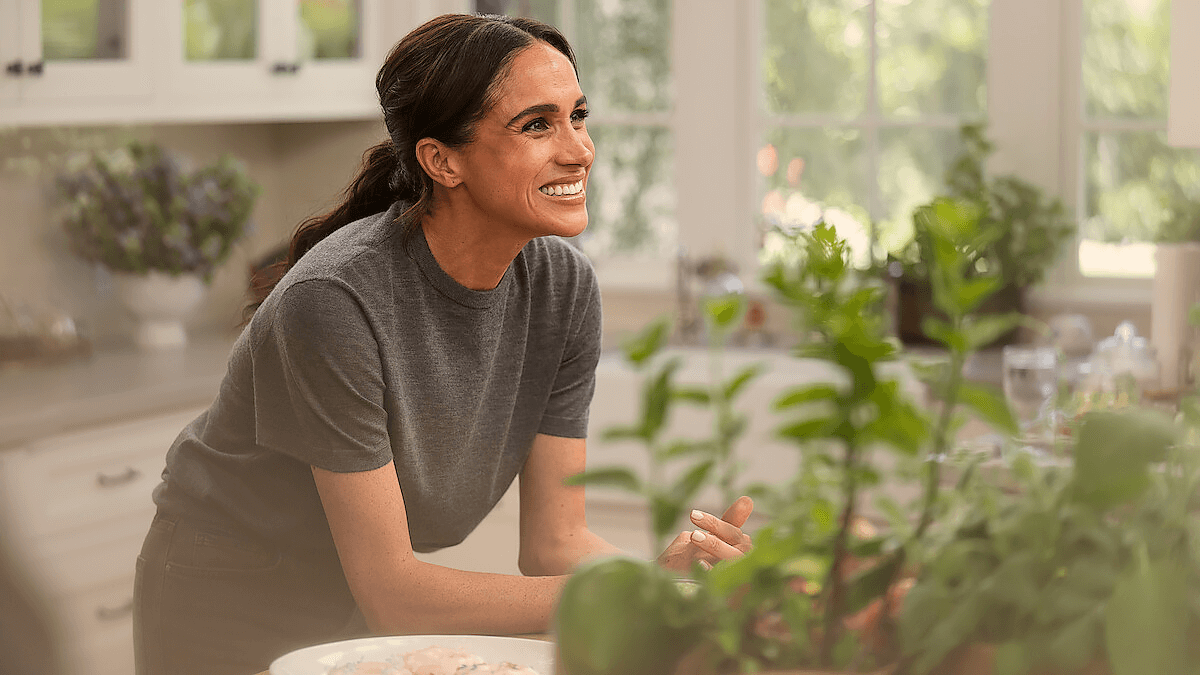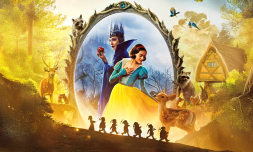The media loves a catfight, but its obsession with inserting them into Meghan Markle’s innocent home-making exposes deep-rooted biases.
Ever since she entered the remit of the royals, Meghan Markle has been subject to relentless scrutiny. Never one to break a habit, the media has ensured that her latest venture, the Netflix series With Love, Meghan, has been met with undue criticism and even spawned a recent string of feud rumors, pitting Markle against other successful figures in the wellness space.
Besides highlighting our obsession with pitting women against one another, this fixation on Markle’s supposed shortcomings highlights society’s resistance to embracing diversity within spaces long associated with the white woman; wealth, wellbeing, and the kind of kitschy home-making only accessible to those with reams of expendable time and income.
You’d think a series of clips shot in Meghan’s beautiful Montecito home – capturing a sunlit Nancy Meyers kitchen complete with Le Creuset stoneware and fresh mason jars, ready to be filled with homemade jams and spread – would do little to ruffle feathers. But of course there’s nothing the internet loves more than to dwell on Markle’s every wrongdoing.
The latest attempt to skew her attempts at crafting a squeaky clean public image now involve a ‘feud’ with actress-turned-wellness guru Gwyneth Paltrow, with social media drawing comparisons between both womens’ Instagram content. After Paltrow – who founded wellbeing and lifestyle brand Goop in 2008 – posted a video of her making a ‘clean take on a classic breakfast’, viewers were quick to suggest the actress was mocking the tutorials from Markle’s Netflix show.
‘Love this,’ wrote one user beneath Paltrow’s post. ‘No fake house, fake kitchen, fake hair extensions, fake friends – just your beautiful true self. Such a breath of fresh air to see.’ Another was more on the nose; ‘With shade, Gwyneth… I see what you did there.’
Paltrow later addressed the rumours on her Instagram stories, responding to a comment that she had ‘beef’ with Markle by saying ‘I genuinely do not understand this at all whatsoever; I don’t know her at all,’ before panning her phone to reveal Meghan seated at her kitchen table.




















